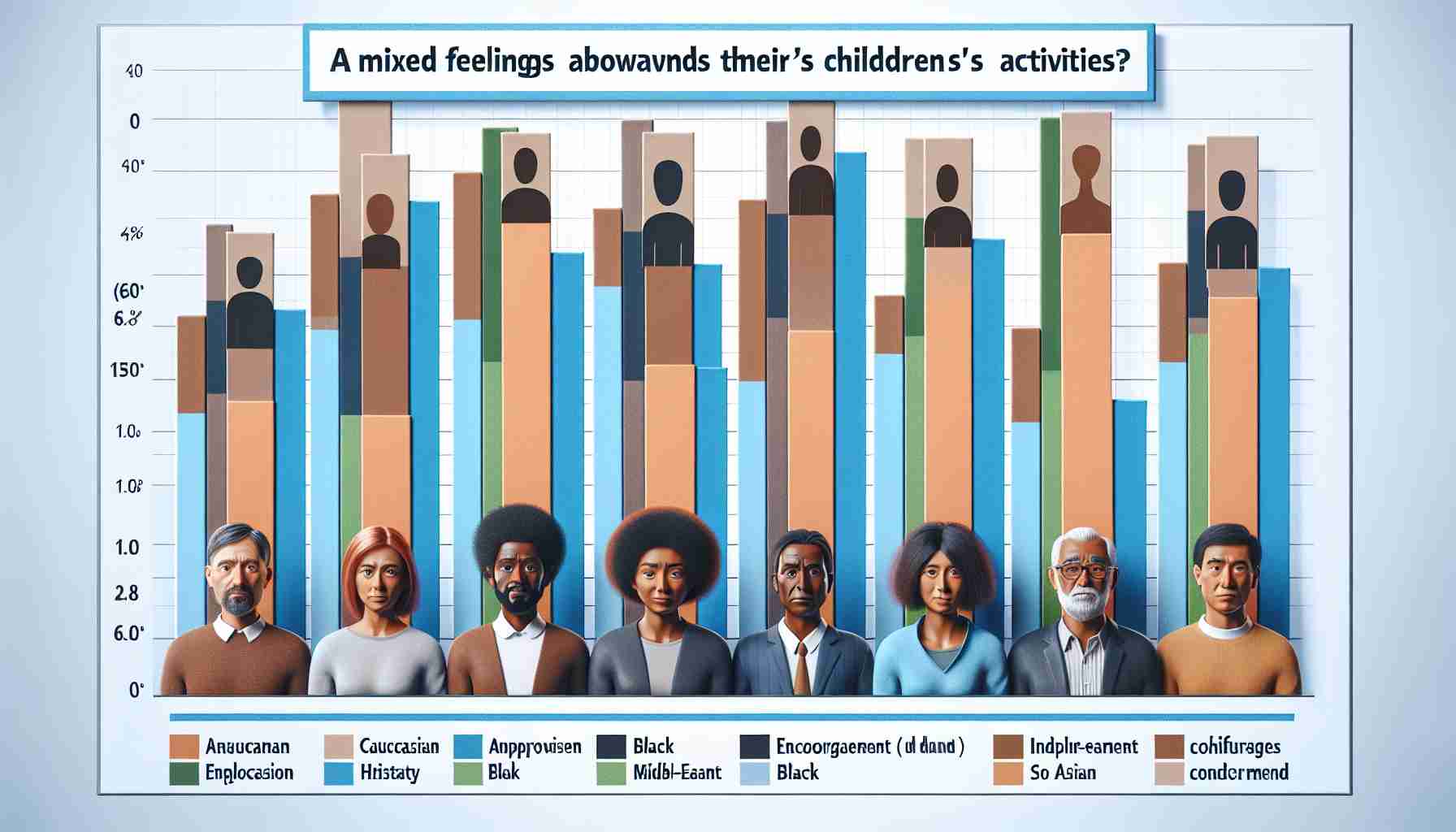A recent study has shed light on parents’ perspectives regarding their children’s engagement with digital platforms. There is a palpable sense of ambivalence, as the results of the survey display a nuanced stance on various forms of online engagement.
Gaming and Social Media vs. General Internet Use: A Parent’s View
Parents tend to draw a distinction between their children’s involvement in gaming and social media as opposed to their general internet usage. The inherent risks of gaming and social media seem to be a growing concern. This is in contrast to their view on the overall benefits that come from being online.
Notable Statistics from the Survey
An interesting facet of the survey is the numerical data, which suggests a peculiar divergence in opinion. While parents discern potential hazards in specific online activities such as gaming and social media, there is still a fair amount of positivity when it comes to general internet use. As per the findings, 57% of the parents with kids aged between five to fifteen years see the internet as beneficial for their child’s development and education.
This study reflects the balancing act that parents today are faced with: recognizing the value of the vast resources available online, while also being acutely aware of the darker aspects of digital life that can impact a child’s well-being. It’s a delicate equilibrium between embracing technology and safeguarding their children’s online experiences.
Important Questions Regarding Children’s Online Activities
One of the most critical questions that arises from the topic of children’s online activities is: How do parents effectively monitor and regulate their children’s internet use to maximize safety and educational benefits? Parents need to find the right balance to keep their children safe without stifling their opportunities for learning, engaging, and developing valuable digital skills.
Another important question is: What specific risks are associated with children’s use of gaming and social media platforms, and how can these risks be mitigated? This includes issues such as exposure to inappropriate content, cyberbullying, and potential addiction to screen-time.
Key Challenges and Controversies
Key challenges in this space revolve around protecting children from online dangers without encroaching on their privacy or hindering their ability to become digitally literate. Controversies often arise over where to draw the line between surveillance and trust, as well as deciding what age is appropriate for children to be exposed to various online platforms.
Parents often struggle with the rapidly changing digital landscape and might not be fully aware of the latest trends or threats. Staying informed can be as much a challenge for parents as managing their children’s online behavior.
Advantages and Disadvantages
The advantages of children being online include access to information, educational content, social connectivity, entertainment, and the development of technical skills that are essential in the modern world.
Disadvantages can include exposure to harmful content, increased risk of mental health issues like anxiety and depression due to cyberbullying or social media pressures, the potential for internet addiction, and the risk of contact with predators.
To stay informed on the subject of children’s online activities, parents can visit reputable sources such as Common Sense Media and ConnectSafely. These organizations provide resources and guidelines to help parents navigate the complexities of children’s internet use.
The source of the article is from the blog jomfruland.net
